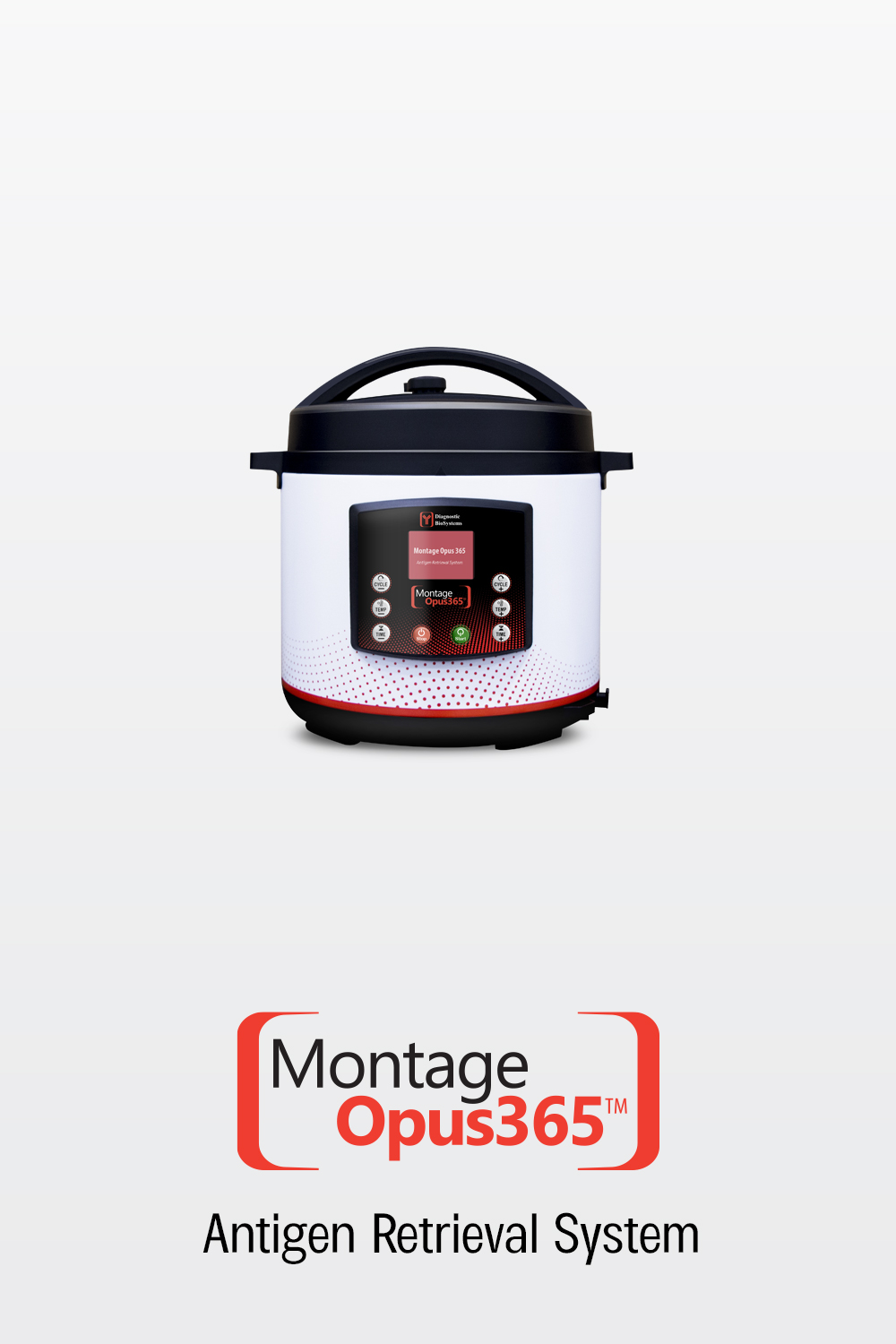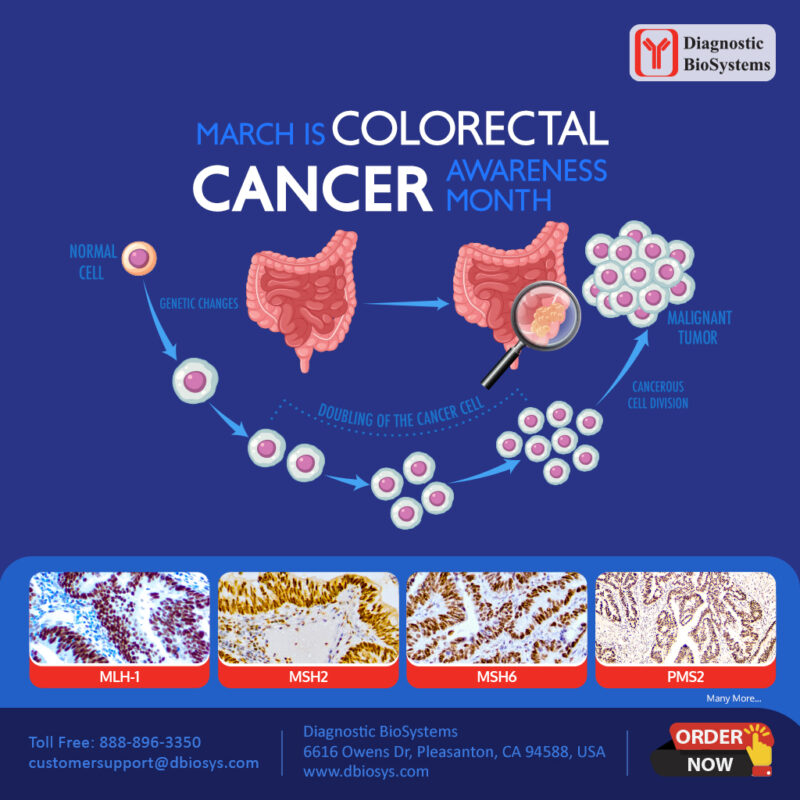CANCER AWARENESS
Colorectal Cancer Awareness Month
National Colorectal Cancer Awareness Month is observed annually in March to raise awareness about colorectal cancer and promote screening for early detection and prevention.
Colorectal (also known as bowel) cancer is the 3rd most common cancer worldwide. It is the 3rd most common cancer in men and the 2nd most common cancer in women. There were more than 1.9 million new cases of colorectal cancer in 2020. Within the last few decades, colorectal cancer (CRC) has become a worldwide major public health concern. According to data from the World Health Organization (WHO), CRC is responsible for approximately 13% of all cancer related deaths; worldwide this type of cancer causes approximately 600 000 deaths per year.
About 75% of CRCs are sporadic, with the remaining 25% being familial or inherited. Familial CRC is characterized by increased risk of CRC and an ambiguous inheritance pattern Inherited CRC exhibits a clear pattern of inheritance and includes hereditary nonpolyposis CRC (HNPCC), familial adenomatous polyposis (FAP) and rarer MYH-associated neoplasia, Peutz-Jeghers, and juvenile polyposis syndromes.
The use of immunohistochemistry and molecular diagnostics to determine the type of CRC has important implications for risk assessment, screening, diagnosis and differentiation, prognosis, and the selection and monitoring of CRC therapy.
According to research, patients with stage II colon cancer who have MMR-D/MSI (mismatch repair deficiency/microsatellite instability) tumours have a lower risk of recurrence than patients who have MMR proficiency. Staining with a panel of four antibodies (MLH1, MSH2, MSH6, and PMS2) can identify defects in MMR proteins thus, pathologists can assess prognosis and prediction of response to therapy.




